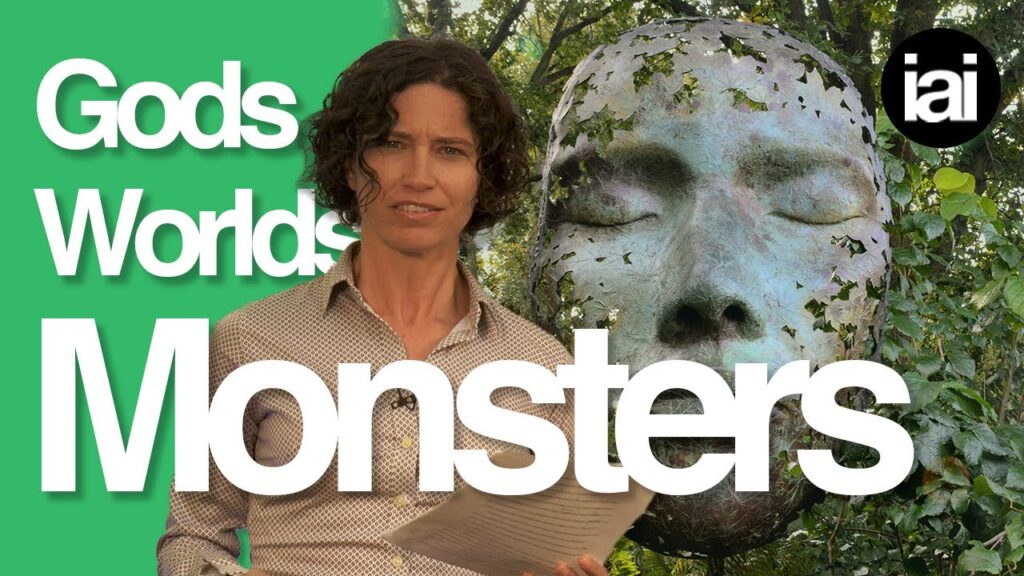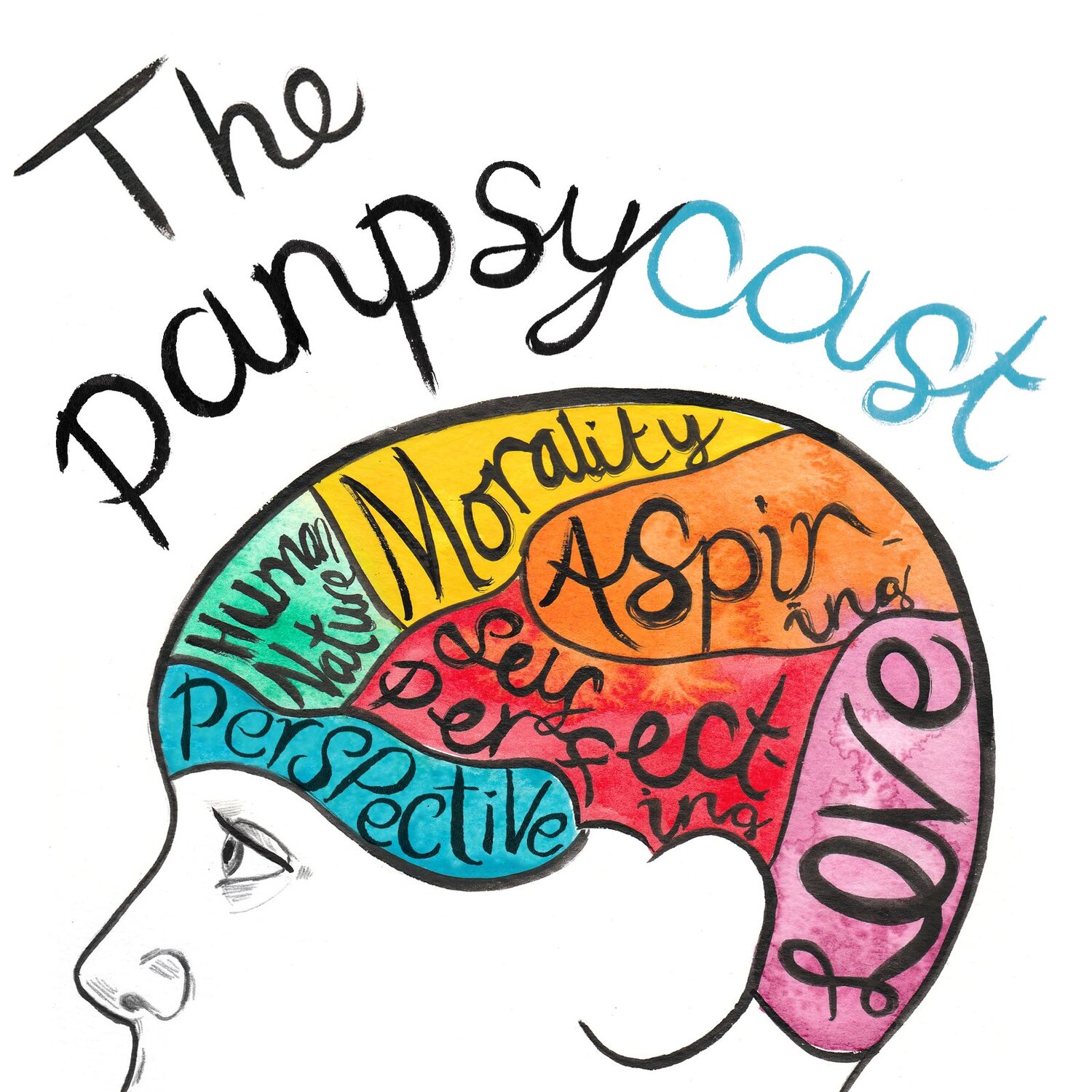Pantheism: Multimedia
Further resources, if available, can be found in our full bibliography.
The Monstrous Mixture of Things: Pantheist Entanglements
Keynote presentation for the Yale Graduate Conference in Religion and Ecology by Mary-Jane Rubenstein. Hosted at Yale University, the Graduate Conference in Religion and Ecology reflects a desire to provide a space for students to engage in dynamic, interdisciplinary conversations across curricular boundaries, and strives to connect ethos with ethics, and ethics to applicable practicality.
“Gods, Worlds and Monsters: The Threats of Pantheism”
Pantheism is the radical belief that reality and god are one and the same thing. Why has it been so feared for 400 years? Philosopher and author of Strange Wonder, Mary-Jane Rubenstein shows how the idea threatens much more than just religion.
What is Spinoza’s God?
Spinoza is one of the most controversial and debated philosophers in the last few centuries. This video attempts to give a very general overview of his perspective on God as well as some ways that it can be interpreted.
Pantheism: Is the World God? | Episode 1105
Is our search for God too narrow? Why do some philosophers espouse Pantheism? Pantheism’s claim is not shy; God is Everything and Everything is God. Featuring interviews with Michael Levine, Peter Forrest, John Leslie, J.L. Schellenberg, and Richard Swinburne.
Episode 65, ‘The Awe-Some Argument’ with Ryan Byerly (Part I – Pantheism)
Welcome to Episode 65 (Part I of II), where Ryan Byerly’s Awe-Some Argument for Pantheism is discussed. Ryan’s argument for pantheism (the belief that “God is the universe and the universe is God”) provides an exciting and unique take on not just the type of god humans should believe in, but also the way in which they might come to establish its existence. In short, Ryan thinks that the emotion of awe—that profound, ineffable feeling that one has when they see Van Gogh’s Starry Night or a meteor burning up in the atmosphere—can point people in the direction of things which are divine. The greatest object of awe, says Byerly, is the cosmos, and therefore, the cosmos is the most divine thing.
Episode 63, ‘Pantheism and Panentheism’ with Andrei Buckareff (Part II)
See the video description in Part I.
Episode 63, ‘Pantheism and Panentheism’ with Andrei Buckareff (Part I)
In this episode, Andrei speaks about alternative concepts of God; more specifically, on his recent work surrounding pantheism and panentheism. In a word, Andrei argues that if humans are to understand God as “acting in space-time,” they should be inclined to believe that this God exists within time and space, at all spatial locations. Moreover, if they are inclined to think that God is omniscient, then they should also believe that God “is the universe”—that is, God and the universe are essentially made of the same stuff, with God being either identical with or constituted by the cosmos.
Multiverses, Pantheism and Ecology
From the physics and religion of the multiverse, to the problem with monotheism and the concept of God, Professor of Religion and author of Pantheologies: Gods, Worlds, Monsters, Mary Jane Rubenstein discusses the potential of pantheism and what this means for ideas about Spinoza, consciousness and ecology. For a shorter clip of this video, see here.
Episode 58, ‘The Idealism and Pantheism of May Sinclair’ with Emily Thomas
In this episode, Emily Thomas’ forthcoming article, “The Idealism and Pantheism of May Sinclair,” is discussed. Born in 1863, May Sinclair was a prolific novelist, as well as a deeply influential poet, translator, critic and philosopher. It Is this last field, philosophy, which perhaps she is least well known for her work. Amongst her many great novels, short stories and poems, May Sinclair published her philosophical treatise in A Defence of Idealism in 1917, and The New Idealism in 1922, which both form the focus of today’s discussion. Sinclair’s unusual take on questions concerning space and time, god, and classic philosophical problems such as Zeno’s paradox, provide a refreshing and exciting approach to human understanding of the universe. Combined with her great passion, wit, and her breathtaking writing style, it is no stretch to say that May Sinclair is one of the 20th-century’s most underrated philosophers.
Episode 57, ‘Pantheism: Personhood, Consciousness and God’ with Sam Coleman
This episode focuses on Coleman’s views concerning personhood, consciousness and God, specifically relating to pantheism. In a word, pantheism is the view that God is identical with the universe, as the pantheist slogan goes, “God is everything and everything is God.” If one is to think of personal identity as a stream of uninterrupted consciousness, Coleman argues that pantheism runs into significant problems. Instead, Coleman suggests an alternative theory of personhood which leaves open the possibility of a personal God, which is identical with the universe. As one will find, Coleman’s view bridges fascinating philosophical questions concerning personal identity, metaphysics of consciousness and God, into an original and exciting pantheist theory.
Photo Credit: Snowy mountains in Moena, Italy; Benjamin Voros/Unsplash





